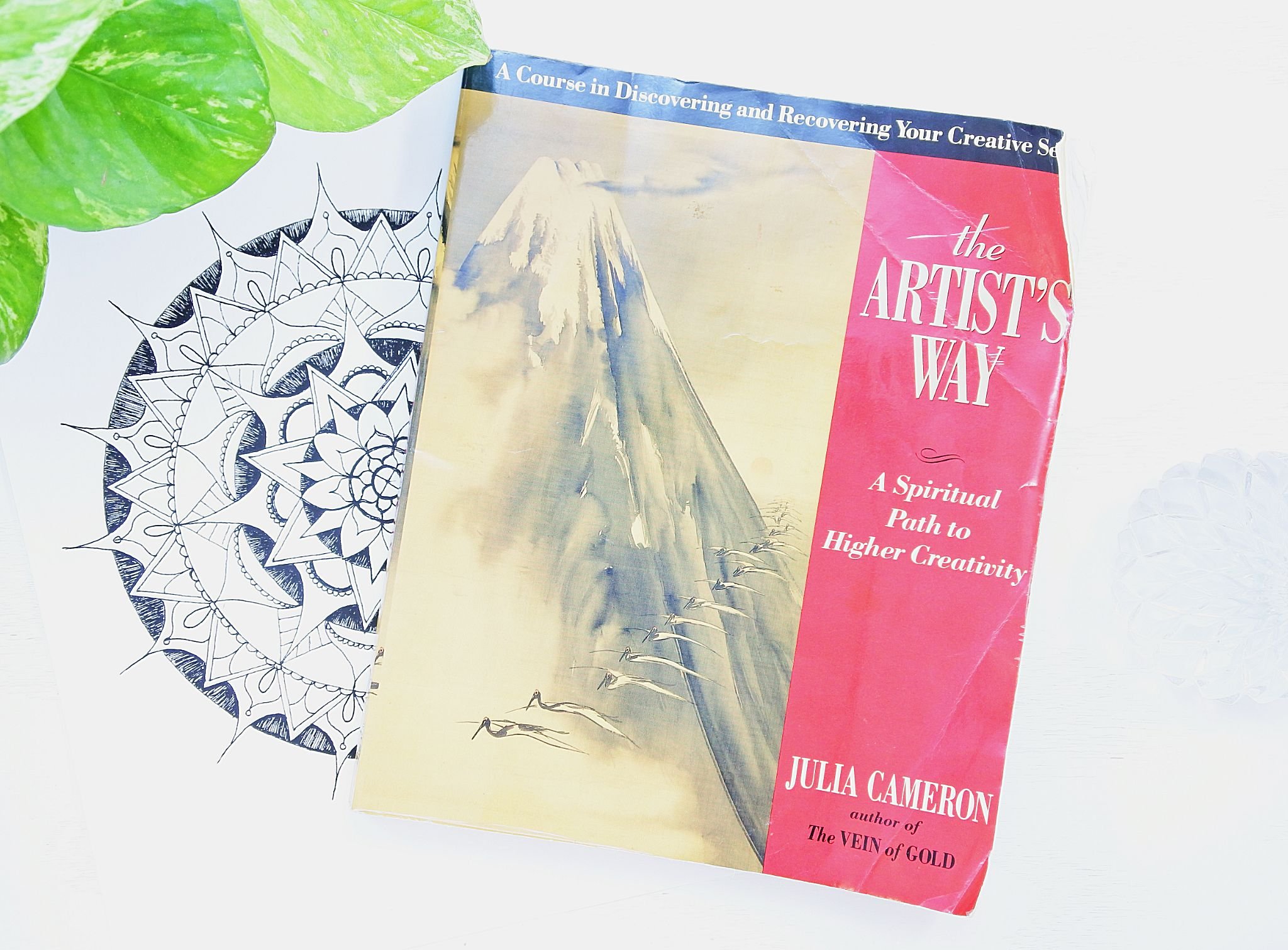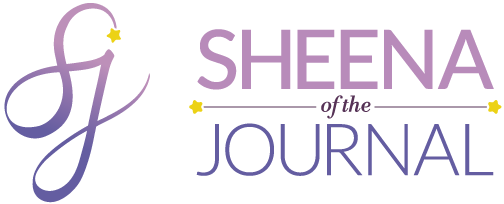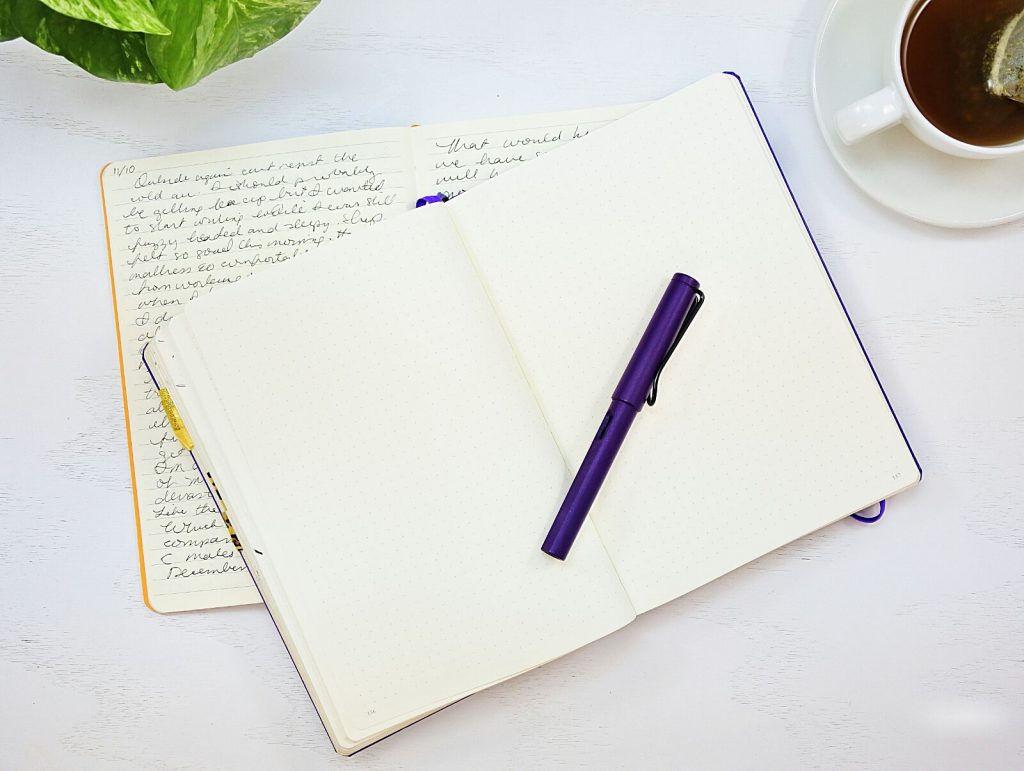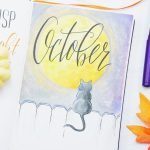I always wanted to be the type of person that kept a diary but I struggled with the practice. Sitting down to write produced either an aching awkwardness or a mind as blank as the page in front of me. What are you supposed to write about, anyway? How long do you have to muddle thru before you’re basking in all that mental clarity and goal achievement? Today I want to share with you a practice that changed my awkward struggle into journaling bliss. In just 15 minutes a day, you can clear your head, discover your true calling, and prep for a day of accomplishment. This game changer is called the morning pages|.
History is filled with examples of uber-successful people that keep a daily journal. Ranging from creators like Ben Franklin and Ernest Hemingway to world leaders like Winston Churchill and Ronald Reagan, journaling is a habit they all share. Benefits of keeping a daily journal include everything from mindfulness, clarity, better decision making, achieving your goals, and self-confidence. There is even evidence that it raises your IQ.
What Are Morning Pages?
This idea has been around for a while but people are constantly discovering it anew. It started in a book called The Artists Way.

This book is not just for “ artists ”. It’s been praised by businessmen, entrepreneurs, teachers, homemakers, inventors for decades. One of the most powerful tools in this book are the Morning Pages. The author Julia Cameron describes them this way “The morning pages are three pages of longhand writing. strictly stream of consciousness.” Morning pages are something you do first thing in the morning, ideally right after you wake up and you haven’t started trying to be an adult yet. You commit to filling 3 pages, no matter what, even if you just repeat over and over again “ I don’t know what to write, I don’t know what to write..”.
The morning pages aren’t meant to sound smart or creative (though sometimes they will). Especially at first, the morning pages are often negative, fragmented, bland, silly….and that’s good! As the author of The Artists Way, Julie Cameron writes “ All that angry, whiny, petty stuff that you write down in the morning stands between you and your creativity. Worrying about the job, the laundry, the funny knock in the car, the weird look in your lover’s eye – this stuff eddies through our subconscious and muddies our days. Get it on the page. “ All those distracting details are keeping you from being your best self, from making the most of the present moment. Maybe from even experiencing the present moment! Most of all, clearing your head in this way creates some space in your brain. And you need that space for the good stuff to rise to the surface.
All that angry, whiny, petty stuff that you write down in the morning stands between you and your creativity. Worrying about the job, the laundry, the funny knock in the car, the weird look in your lover’s eye – this stuff eddies through our subconscious and muddies our days. Get it on the page.
Reap the Rewards
This is when the magic happens. The act continuing to write tempts your deepest darkest musings to tiptoe down your arm and onto the page. With regular practice you’ll be surprised what you find comes out of those dark dusty recesses we avoid visiting. You discover what you’re really afraid of, what’s holding you back, and what you really want to do. It’s basically a mini therapy session, every morning before you start your day. Calling doctor Rhodia! The result on the rest of your day is fantastic. Amazingly, once you get that stuff on the paper, it kinda stays there. Not that you forget about it completely, but it doesn’t have the hold on you that it once did. It’s out, and it’s manageable. Your focus and clarity go up significantly.
It’s kind of the equivalent of dumping your purse out on the table (sorry random guy reading this, I promise I’ll try for more gender-neutral metaphors in the future :). You hold it upside down and shake it for a bit to dislodge any loose change, chapstick you forgot you had, and those pesky matchbox cars and half-eaten pretzel sticks (ah, the joys of the mom purse). Once it’s all out, and you’re sufficiently shocked at how much junk you’ve been carrying around – you throw the junk out, place the essentials back in a clean roomy pocket, and move on with your day. It’s basically KonMari, for the mind. (Been vacationing under a rock and don’t know what KonMari is? Click here.)
For the particularly repressed, this daily process can bring about revelatory eureka moments. Thoughts and ideas that have been buried under the minutia of the monkey mind finally have room to rise to the surface. Many people credit some of their best ideas, and best decisions on the morning pages and space it gave them to discover what really mattered. But even if you aren’t hearing angels, it’s a wonderful way to keep your mind clean and uncluttered. Less clutter means less distraction. As a result, the present moment comes into lovely focus.

Give It A Try!
Having trouble sticking to the rules? Every morning? Three pages? I get it, I really don’t like to be bossed around either, even by basic instructions. Luckily, there’s no journaling police. If you skip a morning, no one will know. If you just jot down random ideas and use it to rant, it won’t kill you. Actually, it will help. Getting into the groove of writing things down however you choose to will only make it easier for you to eventually follow those rules, and hear those angels sing. So keep at it. Your muse is in there. Time to let her out onto the page.





1 Comment
Great post! I’m using my Bullet Journal mostly as a diary lately, and I write in the evenings most of the time, or during the days. But after reading this post, it makes much more sense to me what Morning Pages actually are and I might actually try it.
Thanks!